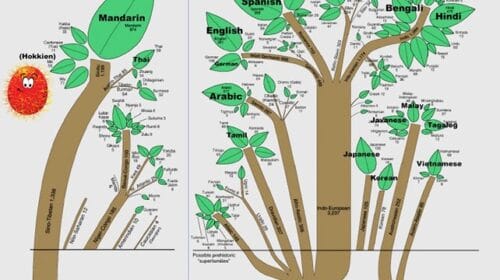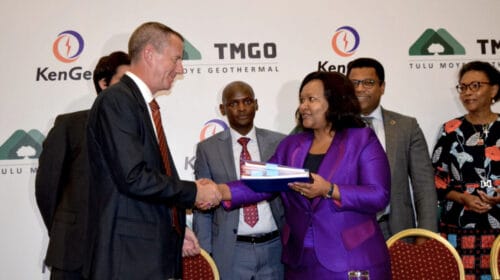Rwanda achieves high rank in actionaid’s scorecard
However, the report notes that the above achievements should not make Rwanda complacent. To feed the future population that is growing at a rapid rate, concrete action needs to be taken to further support women smallholder farmers.
ActionAid officially launches its HungerFREE Scorecard report today in Kigali, at a roundtable dialogue on food security in Rwanda organized in conjunction with IPAR. The event will include representatives from government, development partners, higher education institutions, and civil society organizations. It will foster dialogue and debate concerning the merits and shortcomings of Rwanda’s agricultural policy in the context of feeding the population.
The report identifies Rwanda’s high vulnerability to a triple crisis of climate change, resource scarcity and food price volatility – and highlights the measures that have been taken by the government to improve food security and adapt to climate change. Specifically, the report notes with approval Rwanda’s increasing investment in agriculture, the high quality of the national climate adaptation plan in emphasising agriculture and food security, and the government’s announcement this year of a countrywide restoration program for degraded soil, water, land and forest resources.
However, Rwanda needs to further increase its investment in agriculture, and ensure that its gender-sensitive development approach is translated into increased agricultural support to women smallholder farmers. Women smallholders constitute approximately 70% of the agricultural workforce, yet continue to struggle to gain access to credit, inputs and extension services. A special fund for women smallholders and access to soft loans are called for, as well as the adoption of measures to improve the quality and coverage of extension services and to make extension workers directly accountable to women smallholders.
ActionAid’s Country Director, Josephine Uwamariya, said:
“This year’s HungerFREE Scorecard clearly indicates that Rwanda has shown dedication to addressing hunger and to preparing for adaptation to a changing climate. Based on our research and our experience with women’s farmers groups in Rwanda, we believe that the country can further build on these positive steps by ensuring that more of its agricultural investment reaches women smallholder farmers, who produce the majority of the country’s food.”
The Executive Director of IPAR, Antonia Mutoro, expects the dialogue to be fruitful:
“This is a unique opportunity to hear from high-level government officials, researchers, and other development partners regarding issues of food security in Rwanda, and I anticipate the debate to be lively in discussing the points raised by the HungerFREE Scorecard.”
ENDS
For more information, images and interviews contact:
For AAR, Sulah Nuwamanya, Sulah.nuwamanya@actionaid.org
Submitted by: Jennifer Fierberg, MSW



